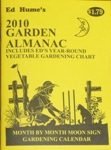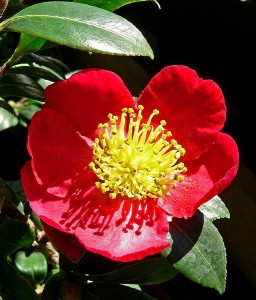I’d like to share a story with you. The events in the story happened prior to my completion of my Foundation Studies in Traditional Chinese Feng Shui.
No one is happy to hear that their house has Feng Shui issues. I know I wasn’t pleased when a teacher explained to me how it was difficult for qi to make it into my house and, how it was too easy for qi to leave. There is nothing mystical about the explanation for this, it simply has to do with Land Form. The slope of the land, and living on the corner of the street on an elevated lot are only three factors in a list of Land Form issues that my house has. She also commented that the situation was “unstable”, in part due to the unevenness of the overgrown terrain, deck, porch and house. There were too many different levels for the qi to flow smoothly. I have to say from experience that she was right and I was especially crushed because we had just purchased the house about six weeks prior to her visit. Site selection is the most effective way to make sure you have a Land Form that works for you and I have learned my lesson.
This is where being a stubborn person came into play and I realized that even if I could never fully correct the problems I could at least use my knowledge to have some influence over the situation. Since then we have made quite a few changes to the entries and exits to the property as well as the landscape – all in an effort to receive and hold the qi better. If you saw my lot and landscape changing you would never have guessed that Feng Shui was the driving factor of the design. Authentic Feng Shui methods are not obvious or even noticeable to non-practitioners. I want the garden and lot to be beautiful, the same as a designer would but I am going for something more. Each plant must be not only thriving where it is placed (in terms of sun, shade, moist soil or dry, etc), it must also be helping to circulate or hold qi. I know I can’t change the Form, but I can do small things to improve the situation.
So that leaves the question – what do you do if your house has bad Feng Shui? Obviously you can hire a Feng Shui consultant to help you, but if you already have issues with Form you probably don’t have a lot of money to spend on Feng Shui. Here’s some information that really helped me to stop worrying and do something about my situation.
In China from roughly 605 AD-1905, there were imperial examinations that were required for those who aspired to become a government official. Passing the examinations (or not) had a profound effect on your status in the society, your family and your future prospects. Of course everyone wanted to pass the examination and worked hard to prepare. I’m sure one thing that they worried about was Feng Shui and its influence on their success.
Scholar and astrologer of the Song Dynasty Su Tong Po was asked about the factors affecting someone who wants to pass the examinations. He explained that there are 5 factors that would help anyone to succeed. The five factors are Destiny, Luck, Feng Shui, Study, and Doing good deeds. The Destiny and Luck are givens – controlled by Heaven Qi, Feng Shui influence comes from Earth Qi, and study and doing good deeds are under the power of humans. It is free will that lets us decide how much we study, how hard we work, and how many good deeds we will do.
If you are worried about your Feng Shui you can at least do your best in those things that are under the power of humans: Study and work hard. Do good deeds. Remember that you can change things – sometimes just by changing what you choose to do.




